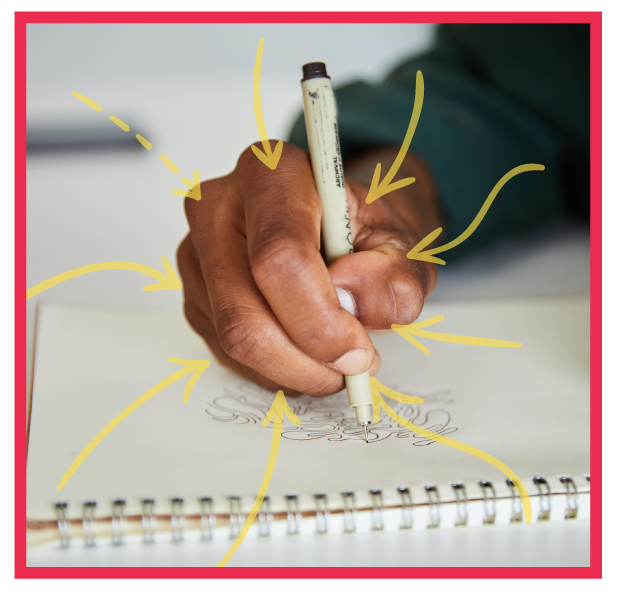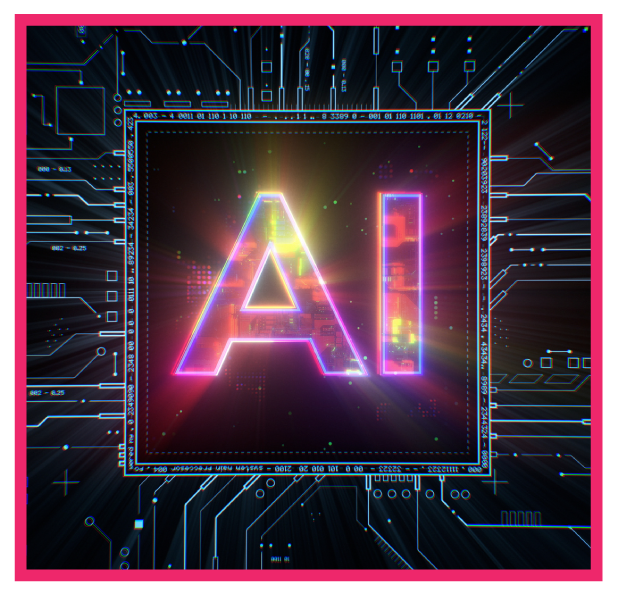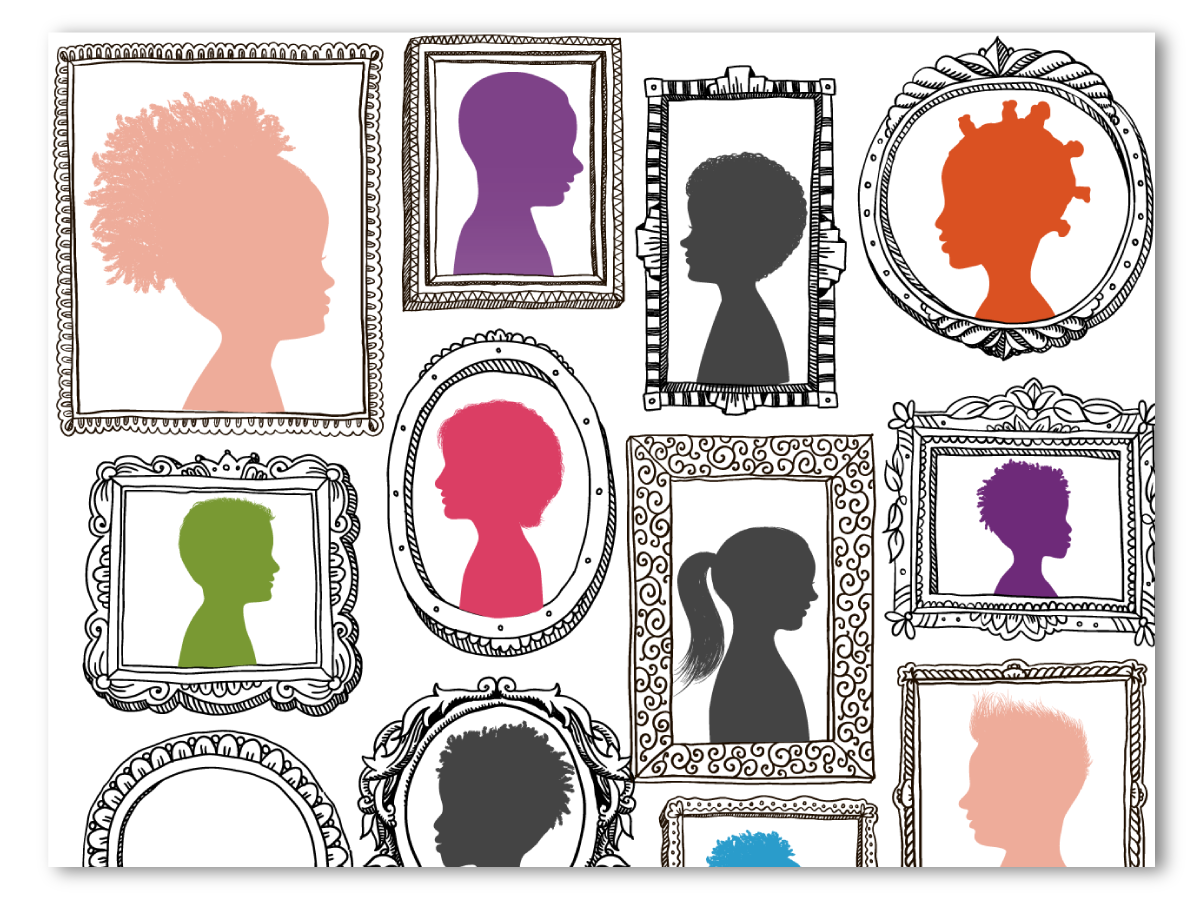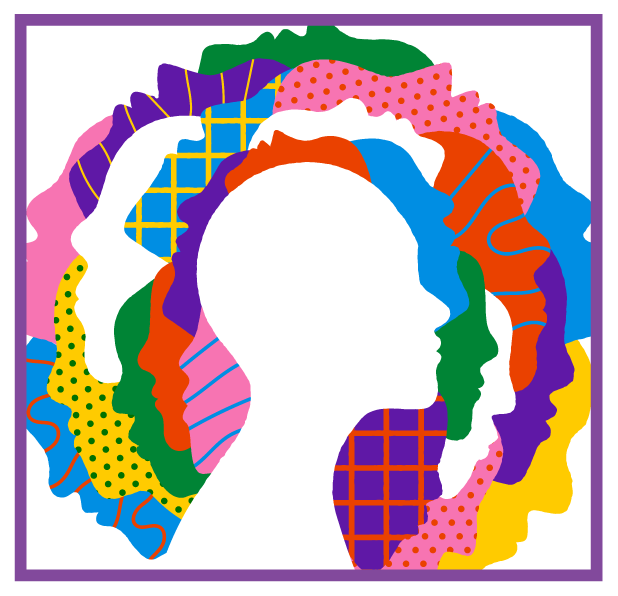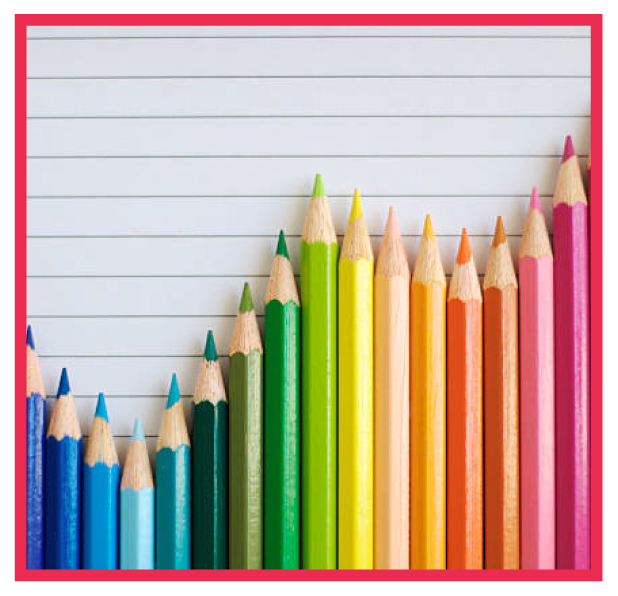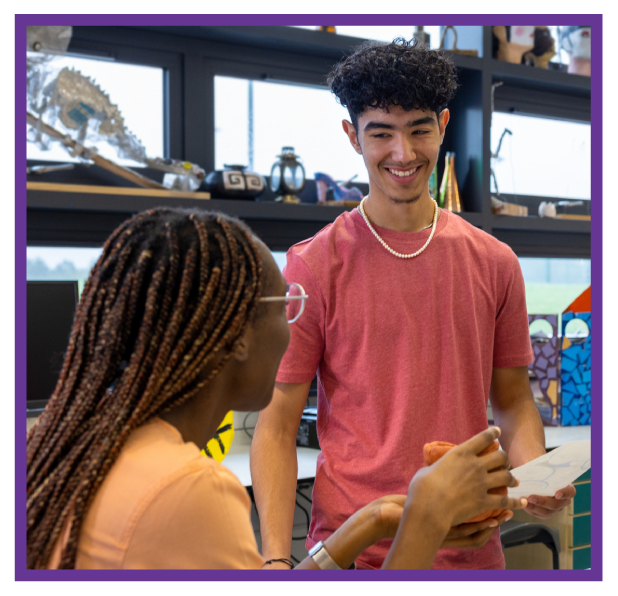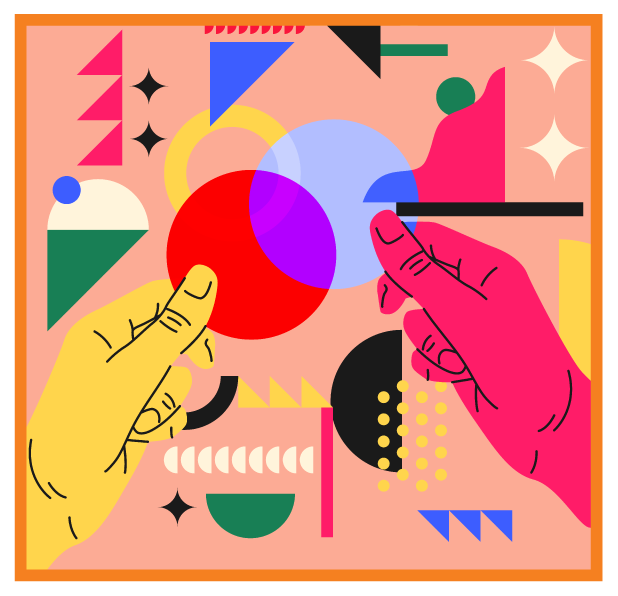
On Demand Learning: Webinars
- Contains 3 Component(s), Includes Credits
[April 17, 2024] This webinar will focus on various ways choice can be implemented in the classroom through the structure of curriculum, digital spaces, physical environments, and classroom routines. We will share examples of skill builders, boot camps, and thematic-based challenges, and strategies to structure student-facing learning management systems and physical stations for different materials to engage students in their own learning journeys. You will also learn simple yet effective classroom routines to promote student autonomy and success.
-
Register
- Non-member - $49
- Member - Free!
- More Information
-
Register
- Contains 3 Component(s), Includes Credits
[March 6, 2024] Join us as we explore drawing in the 21st-century classroom. From analog to digital arts, see examples and hear from educators who teach drawing to advance artmaking and communications skills to help students capture real and imagined worlds. As part of this discussion, we’ll also dive into how the methods and mindsets of sketchnoting can help learners of all ages build confidence with new and effective ways to absorb and manage information.
-
Register
- Non-member - $49
- Member - Free!
- More Information
-
Register
- Contains 3 Component(s), Includes Credits
[February 7, 2024] Conduct an accessibility audit in your classroom! Unpack contemporary understandings of disabilities and how to apply these practices in all areas of your teaching while taking a critical look at your syllabus, curriculum, lesson plans, materials, tools, techniques, and classroom space and design. The visual arts classroom can be a unique space for valuing disabilities and differences, and this webinar will focus on creating an inclusive educational environment by learning to apply the principles of universal design, interdependence, and allyship. Leave with a fresh perspective along with the tools you need to ensure your instruction is equitable and accessible to all learners.
-
Register
- Non-member - $49
- Member - Free!
- More Information
-
Register
- Contains 3 Component(s), Includes Credits
[January 10, 2024] This presentation explores the impact of artificial intelligence on today’s art education practices. It also provides suggestions for art educators interested in the incorporation of AI technology into art curricula, or those concerned about ethical issues involving the use of AI. Recently, many educators, engineers, and administrators have addressed the need to prepare for the changes AI may cause, but many art educators may also feel unprepared for these changes as they pertain to the intersection of AI, visual arts, and creativity. Using machines as a creative agency is a relatively new concept, and, in some ways, AI-generated art challenges traditional definitions of creativity. In this presentation, three art educators who teach in secondary and postsecondary education settings will share their thoughts and experiences related to AI’s impact on K–16 education. The webinar will introduce the following: 1. How high school students use AI technology in art classrooms. 2. How preservice art teachers explore the possibilities and risks of AI. 3. How college foundations students are encouraged to reexamine the role of creativity in artmaking processes and push creative boundaries. In addition, the presenters will examine the ethics and risks teachers and students should be aware of when utilizing AI tools.
-
Register
- Non-member - $49
- Member - Free!
- More Information
-
Register
- Contains 3 Component(s), Includes Credits
[December 6, 2023] We are at the beginning of a new phase of creativity, led by artists who collaborate with machines and feed algorithms with data. Artists employ artificial intelligence (AI) to generate visual images, sounds, and animations using chatbots, neural networks, and prompt-based software. However, these AI-based tools, techniques, and processes are just the beginning of a new trend that could initiate fundamental changes in the way artists and designers approach and produce art. AI artists are challenging copyright and intellectual property laws that don’t currently address the evolving language and aesthetics of art created all or in part using machine learning algorithms. With this greater computing power and the development of future programs, the limits of such output are merely the limits within our own imagination. But as AI becomes more prominent, not just across the arts but across most areas of life and work, what does this mean for artists and the future of art education? To answer this question, our presenters will talk about the implications of AI in the arts to better understand the technology, as well as its widespread adoption and use.
-
Register
- Non-member - $49
- Member - Free!
- More Information
-
Register
- Contains 3 Component(s), Includes Credits
[November 15, 2023] Join us as we explore ways of advancing and reshaping the museum space in praxis toward racial literacy, cultural humility, and radical equity and inclusion. How can museums take the lead in dismantling dominant narratives, removing real and perceived barriers to visitor participation, and learning new ways of being? This webinar examines both theory and practice in transcending traditional historical identities of museums and examines the potential for trust-based museum processes that are rooted in community and belonging. Drawing on decolonizing perspectives, as well as lived experience, we will examine art museum spaces and explore ways to develop more equitable narratives.
-
Register
- Non-member - $49
- Member - Free!
- More Information
-
Register
- Contains 3 Component(s), Includes Credits
[November 8, 2023] The COVID-19 pandemic negatively impacted learning of all kinds with our youngest students being affected greatly from the shift to remote learning. In this webinar we will explore how to incorporate social–emotional learning and culturally responsive attributes in your teaching practices to develop more inclusive and collaborative learning experiences that promote creativity and self-expression in a post-pandemic world. We will also examine the continuum of choice in the art room as a way to increase student agency, voice, and skill development, as well as how to address student needs and reinstill a love of learning within a positive, engaging, and supportive learning environment.
-
Register
- Non-member - $49
- Member - Free!
- More Information
-
Register
- Contains 3 Component(s), Includes Credits
[October 4, 2023] How do you design student assessments? In this webinar, we’ll consider how student assessment in the visual arts classroom provides more than a grade. The presenters will demonstrate how to create assessments that provide rich data for improved lesson planning, curriculum, and program development at the heart of action research, as well as explain why using state and national standards to design project rubrics can develop benchmarks within the context of your school program to ensure a continuous cycle of student accomplishment and feedback for teaching and learning.
-
Register
- Non-member - $49
- Member - Free!
- More Information
-
Register
- Contains 3 Component(s), Includes Credits
[September 13, 2023] Feedback is one of the most powerful influences on learning, however no teacher can provide all students with individualized feedback. But maybe they shouldn’t? Under the right conditions, students can benefit from providing and receiving feedback from themselves and each other. In fact, peer feedback and self-assessment have been shown to teach students how to think and speak like artists, in addition to manage their own learning. In this workshop you will learn how to effectively implement student-centered feedback processes using formative assessment techniques that have been successfully utilized in arts educators’ classrooms.
-
Register
- Non-member - $49
- Member - Free!
- More Information
-
Register
- Contains 3 Component(s), Includes Credits
[August 9, 2023] Some things never change, and lesson planning is one of them, right? We learn to write lesson plans following a template as part of our teacher preparation program, and different school district norms may require minor changes to the format, but the lesson planning process is similar to how it’s always been. Or is it? More art educators are taking up the challenge of creating classroom environments to support self-directed learning by adopting pedagogies that encourage student inquiry and choice while focusing on the development of artistic behaviors. By doing so, certain questions may arise, such as: Will traditional lesson-planning methods allow for the open-endedness implied by these shifts? How might our planning reflect the much-discussed goals of culturally responsive teaching, social–emotional learning, or the promotion of a culture of belonging? How do we plan for differentiated instruction? How do we plan for assessment? What role do national, state, and district standards play in the process of lesson planning? What types kinds of planning templates best accommodate shifts in focus and pedagogy? Join us to reflect on these and other questions as presenters share experiences and examples of preK–12 lesson planning.
-
Register
- Non-member - $49
- Member - Free!
- More Information
-
Register
| Access Date | Quiz Result | Score | Actions |
|---|

